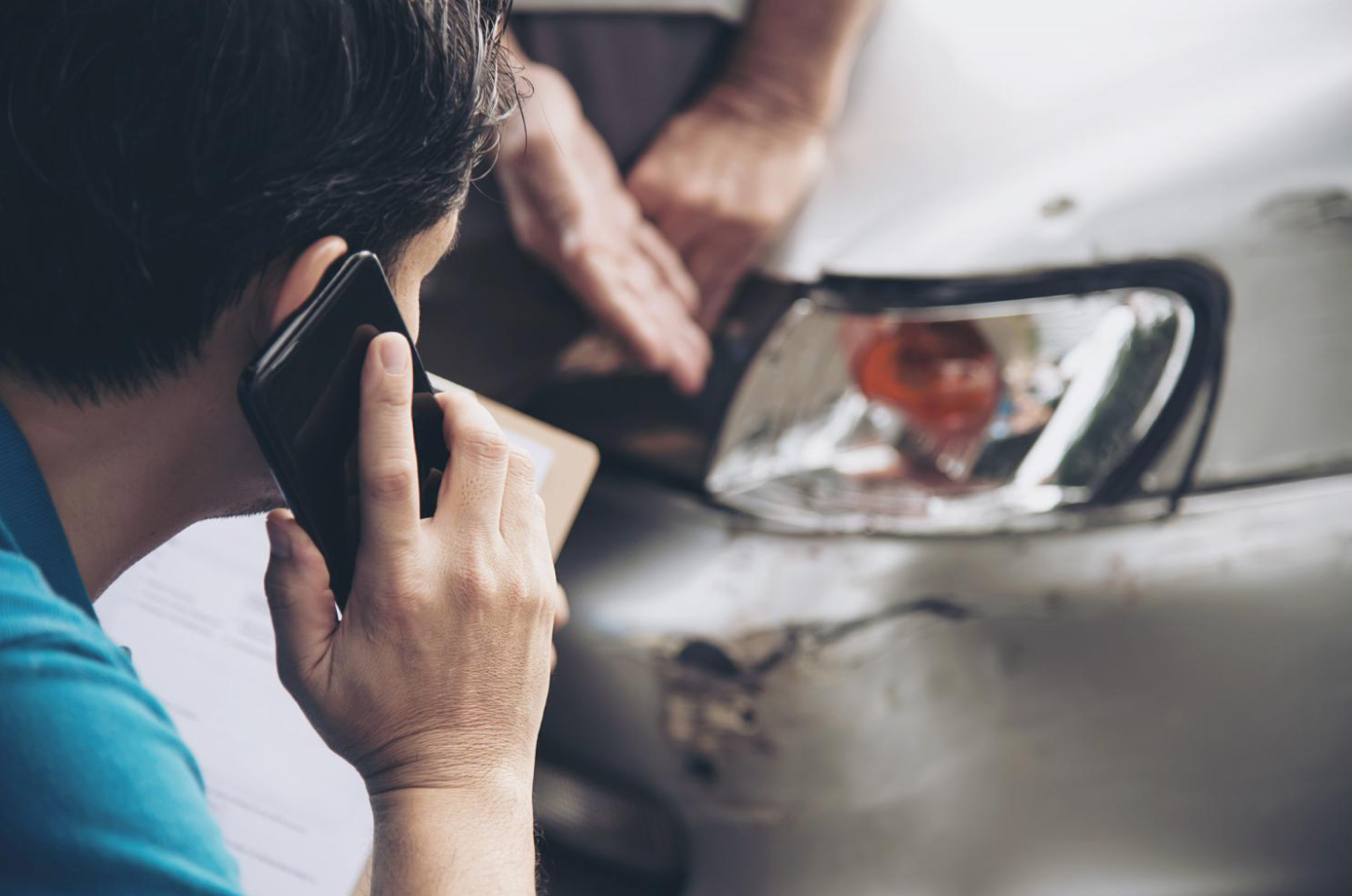Navigating the complexities of auto insurance can be daunting, but understanding your policy’s rental car reimbursement coverage is crucial.
When your vehicle needs repairs, whether due to an accident or mechanical failure, the inconvenience can be immense. One of the primary concerns for many drivers is how to manage transportation while their car is in the shop. Fortunately, rental car coverage can help mitigate this issue, but understanding the nuances of your insurance policy is crucial to making the most of this benefit.
Understanding Rental Car Coverage
Rental car coverage, also known as loss of use coverage, is an optional add-on to your car insurance policy. It reimburses you for the cost of renting a car while your vehicle is being repaired after a covered loss. However, whether your insurance will pay for a rental car during repairs depends on the specifics of your policy. It’s essential to know the limits of your coverage, the types of incidents that qualify, and any associated costs.
Will Insurance Pay for Rental Car During Repairs?
This is a common question among policyholders. Typically, if you have comprehensive or collision coverage and your car is being repaired due to an accident or another covered event, your insurance may pay for a rental car during repairs. However, it’s important to review your policy details. Many insurers have specific terms and conditions regarding rental car reimbursement, including daily limits and maximum coverage amounts. For example, your policy might cover up to $30 per day for a rental car, with a maximum limit of $900 for the entire repair period.
Types of Coverage That Include Rental Car Reimbursement
Not all auto insurance policies automatically include rental car reimbursement. Here are the types of coverage where you are most likely to find this benefit:
- Comprehensive Coverage: This type of insurance covers damage to your car that isn’t caused by a collision, such as theft, vandalism, or natural disasters. If your vehicle is in the shop for repairs due to one of these events, your comprehensive coverage might include rental car reimbursement.
- Collision Coverage: If you’re involved in an accident and your car is damaged, collision coverage pays for repairs or replacement. If you have rental car reimbursement as part of this coverage, it will kick in while your car is being fixed.
- Rental Car Reimbursement Coverage: This is an optional add-on that specifically covers the cost of renting a vehicle while your car is out of commission. It’s often offered alongside comprehensive and collision coverage.
How to File a Claim for Rental Car Reimbursement
When your car needs repairs, and you need a rental car, the process for filing a claim is relatively straightforward but varies slightly between insurance companies. Here are the general steps:
- Contact Your Insurer: Notify your insurance company as soon as your car is damaged and needs repairs. They will guide you through the process and confirm if you have rental car coverage.
- Choose a Rental Car Provider: Some insurance companies have preferred rental car providers. If you use one of these, the billing process may be streamlined, and your insurer may pay the rental company directly. Otherwise, you’ll need to rent a car on your own and submit receipts for reimbursement.
- Keep Documentation: Save all receipts and documentation related to your rental car. This includes the rental agreement, receipts for daily rental costs, and any additional fees.
- Submit a Claim: Once your car repairs are complete and you return the rental car, submit a claim to your insurance company along with all relevant documentation. Your insurer will review the claim and issue reimbursement based on your policy terms.
Factors That Affect Rental Car Reimbursement

Several factors can influence whether and how much your insurance will pay for a rental car during repairs. These include:
- Policy Limits: Most rental car reimbursement policies have daily and total limits. For instance, you might be covered for $30 per day up to a maximum of $900. If your rental costs exceed these limits, you will have to pay the difference out of pocket.
- Duration of Repairs: The length of time your car is in the shop can affect your rental car coverage. If repairs take longer than expected, you may reach your policy’s maximum reimbursement limit before your car is ready.
- Rental Car Type: Insurance companies typically cover a standard rental car. If you choose to rent a luxury or specialty vehicle, you may need to pay extra.
- Cause of Damage: Rental car reimbursement generally applies only to repairs from covered events. If your car is in the shop for routine maintenance or repairs not covered by your insurance, rental costs will not be reimbursed.
Tips for Maximizing Your Rental Car Coverage
To ensure you get the most out of your rental car coverage, consider the following tips:
- Understand Your Policy: Read your insurance policy thoroughly to know the specifics of your rental car coverage. This includes daily limits, maximum reimbursement amounts, and any exclusions.
- Choose the Right Coverage: When purchasing or renewing your auto insurance, consider adding rental car reimbursement if it’s not already included. It’s a relatively inexpensive add-on that can save you a lot of hassle and money.
- Communicate with Your Insurer: Keep in touch with your insurance company throughout the repair process. They can provide updates on your claim and any changes to your coverage limits.
- Opt for Preferred Providers: If your insurer has preferred rental car providers, using them can simplify the reimbursement process and potentially reduce out-of-pocket costs.
- Plan Ahead: If you know your car will be in the shop for an extended period, discuss this with your insurer. They may offer solutions or alternatives to ensure you remain covered.
Conclusion
Navigating the complexities of auto insurance can be daunting, but understanding your policy’s rental car reimbursement coverage is crucial. Knowing whether your insurance will pay for a rental car during repairs can save you time, money, and stress. By being proactive and informed, you can ensure that you’re adequately covered and prepared for any unexpected vehicle repairs. Always review your insurance policy, ask questions, and make adjustments as needed to ensure your coverage meets your needs.


Join the conversation!